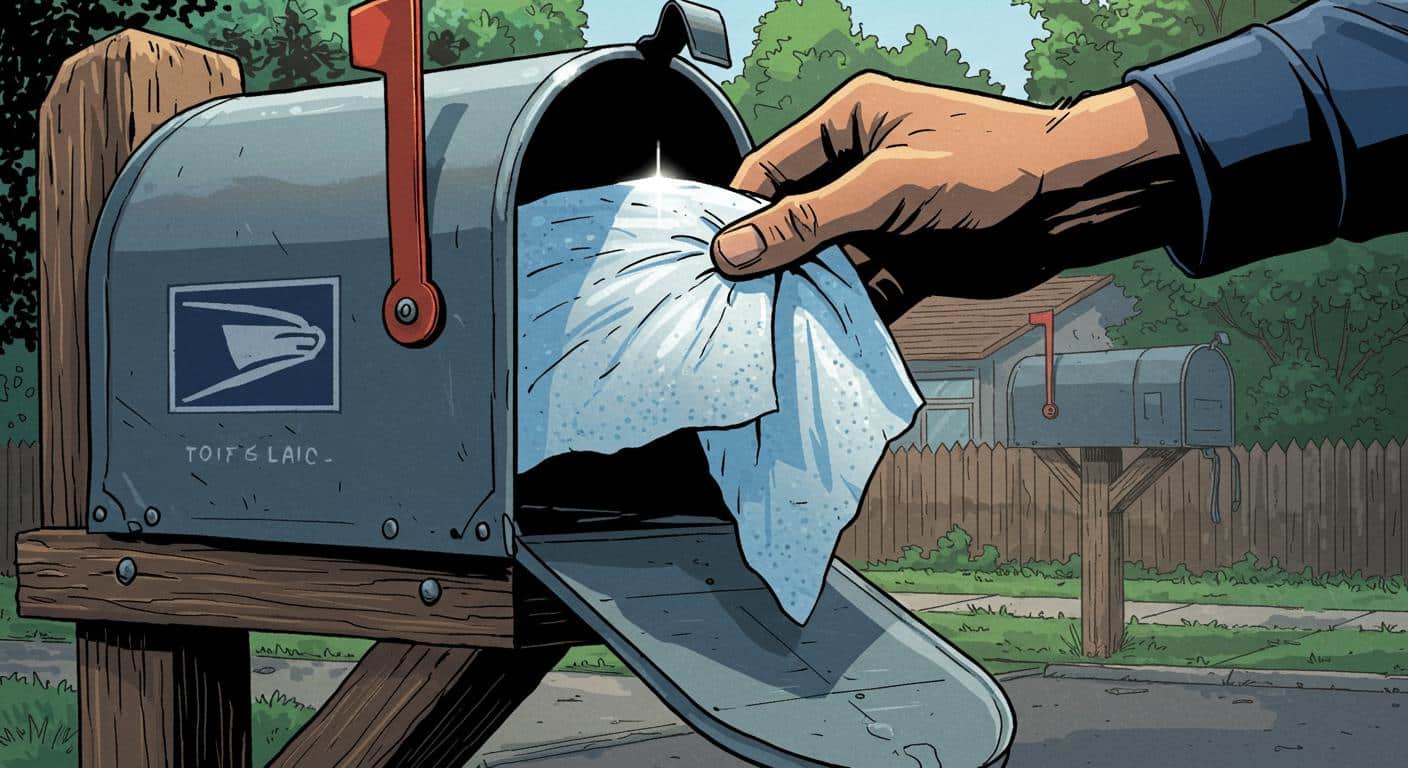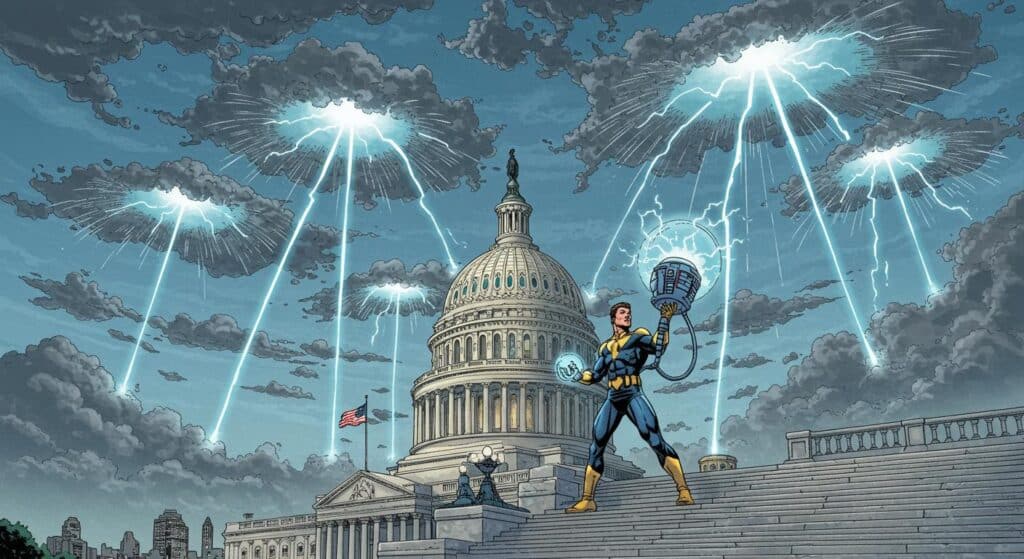Call it the unscented mystery of summer: you wander out to the mailbox, expecting bills and the occasional birthday card, but instead discover a lone dryer sheet tucked among your envelopes. Welcome to one of those quietly odd traditions that’s both practical and slightly charming—the kind of story that doesn’t need embellishing, just a moment of honest curiosity.
Wasps, Meet Laundry Day
As outlined in recent coverage by KDVR, Matthew Taylor, a mail carrier based in Longmont, Colorado, has become intimately familiar with the seasonal onslaught of wasps that view cluster mailboxes as prime real estate for instant nest construction. Taylor matter-of-factly shares that getting stung is an occupational hazard, admitting, “sometimes it really, really hurts, but the mail has got to get delivered.” For perspective, he quips that while wasps are bad, it beats the risk of encountering scorpions and snakes as some of his colleagues do in Arizona and New Mexico.
So, how do postal workers make peace with these stripey interlopers? Taylor and plenty of his colleagues have adopted an offbeat solution: slipping a scented dryer sheet into the mailbox. Describing the thinking behind the practice, Taylor notes that the strong, lingering scent acts as an olfactory “no vacancy” sign for wasps, making the mailbox less attractive for nest-building, but not causing them any actual harm. The hope is that these pests will reconsider their housing development and move on.
The Science (and Folklore) Behind the Hack
For those wondering if this is anecdotal wisdom or something more robust, additional insights come from SILive.com’s reporting. The outlet, referencing a Reddit thread recounted by Parade.com, highlights how some carriers discovered that yellowjackets and wasps seem to loathe scented dryer sheets, particularly those with aromatic notes like lavender or citronella. In the words of the original poster, “If we encounter a box that is a problem for nests, we’ll often put one in there and it does the trick… So please, if you one day randomly see a dryer sheet at the back of your mailbox, just know that your carrier more than likely put it there to deter these Satanic creatures from building their home in it.”
This isn’t all folk wisdom, either. As detailed by SILive.com, and citing ThisOldHouse.com, the real magic may lie in linalool, a compound often found in scented dryer sheets (especially brands like Bounce), which is known to function as a natural pest repellent. The article goes further to note that not every dryer sheet contains linalool, so if you’re getting ideas about building your own sting-proof bunker, ingredient lists might matter more than brand loyalty.
That said, when it comes to using dryer sheets as universal bug deterrents, even professional pest controllers, as referenced in a HAWX Smart Pest Control blog quoted by SILive.com, suggest measured optimism. Scientific studies on their effectiveness remain inconsistent: some bugs are repelled, others seemingly undeterred. The general consensus is that while dryer sheets might help minimize the problem, those dealing with full-blown infestations are probably better off consulting with a professional.
More Than Just a Scented Placebo
The workaround may seem simple, but in the everyday logistics of mail delivery, minor hazards add up. Taylor explained that the Longmont post office has responded by providing summer safety supplies for carriers—dryer sheets, bite sticks, sunscreen, even EpiPens for those with allergies—all part of a seasonal toolkit to keep the routes manageable, as KDVR and NewsNation each document. For the uninitiated, the sight of a random dryer sheet in the mailbox is puzzling at first, but Taylor hopes residents will leave them be rather than toss them aside.
And while there may not be rigorous double-blind studies ranking dryer sheets in the annals of pest control, the hack represents one of those everyday, trial-and-error innovations that quietly keep the world humming.
A Scent of Solidarity—and Humble Ingenuity
So, next time you spot that soft, floral-scented rectangle tucked beside your electric bill, it’s probably not the world’s laziest lost sock, nor a secret message from the laundry gnomes. It’s the discreet handiwork of a mail carrier who’d rather lure wasps elsewhere than risk another sting on your behalf. SILive.com points out that the solution may not be foolproof, but for many postal workers, minor relief is better than none.
It does make you wonder: how many of life’s little mysteries are actually simple acts of practical self-preservation, hiding in plain sight? And what other odd little traditions are being passed around, uncelebrated, just beneath the radar—so ordinary as to be almost invisible, unless you know exactly where (and how curiously) to look?







